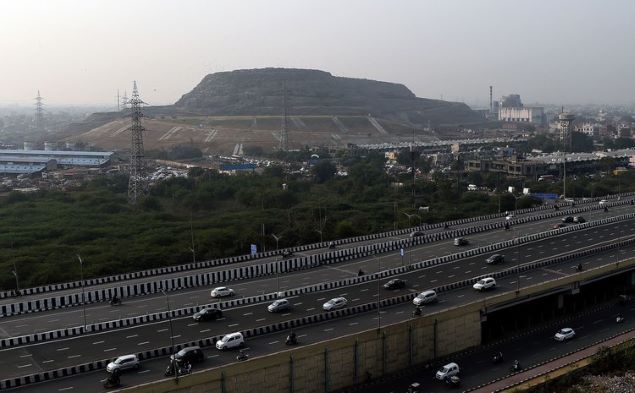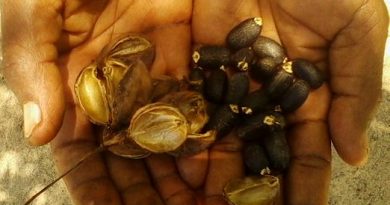MCD Commissioner gets additional financial powers to expedite waste management in Delhi
The Delhi Government has expanded the financial authority of MCD Commissioner to oversee contracts related to municipal solid waste.
 By 2020, Ghazipur landfill may become taller than Taj Mahal
By 2020, Ghazipur landfill may become taller than Taj Mahal
In an important development, the Delhi Government has granted the Municipal Corporation of Delhi (MCD) Commissioner expanded authority to oversee contracts related to municipal solid waste. The powers are granted to help address the pressing waste management problems of the national capital.
This decision follows the absence of a Standing Committee, which typically approves waste management projects over Rs 5 crore under the Delhi Municipal Corporation Act, 1957.
With approval from the Lieutenant Governor, the Delhi Government invoked Section 202(c) of the Act, allowing the Commissioner to approve contracts within specific financial limits. This move aims to ensure smooth operations and compliance with mandates critical to managing the city’s waste, especially as air pollution worsens in the winter months.
Among the major projects sanctioned are a Rs 1137.98 crore contract for waste collection and transportation in the Central Zone, a Rs 604.26 crore waste-to-energy plant at Narela-Bawana, and bio-mining projects across several dumpsites, valued at over Rs 600 crore.
The fresh authority is given so that the MCD Commissioner could ensure strict adherence to financial regulations and work closely with the MCD’s Finance department to maintain transparency and accountability.
Through there can be political clashes between the official and the politically elected government of Delhi, but the primary focus remains on efficiently managing waste, reducing pollution, and safeguarding public health amidst the city’s environmental challenges.
The decision has come at a time when the pollution level in Delhi and adjoining areas rises abruptly and the government has already enforced GARP in the national capital.
Recently, the Municipal Corporation of Delhi (MCD) revealed that it is working to expedite the development of its waste-to-energy (WtE) project in the Narela area. Similarly, a bio-CNG plant is set to be established in the controversial Ghazipur area of Delhi, aiming to produce clean fuel from wet waste collected from local wholesale markets and residential colonies. This will be the second such plant in the city, following the one at Okhla.




